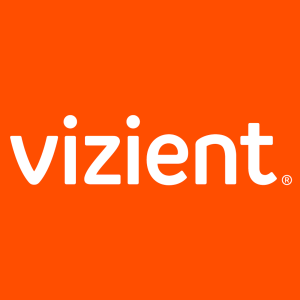
Tuesday May 25, 2021
Marna Borgstrom, CEO Yale New Haven Health (Part 1)
Tom Robertson, Executive Director of the Vizient Research Institute sits down with Marna Borgstrom, CEO of Yale New Haven Health, to discuss everything from a purposeful restart following the COVID-19 crisis to creative approaches to dealing with the manifestations of social determinants of health...in the meantime offering insights into what American medicine does particularly well and where we could do better.
Guest speaker:
Marna Borgstrom, MPH
CEO
Yale New Haven Health System
Moderator:
Tom Robertson
Executive Director
Vizient Research Institute
Show Notes:
[01:00] What health care gets right: It’s a great “sick care system”
[01:48] Where we fall short: We are not a health care system, we’re a sick care system
[02:15] Marna likes the book The Paradox of America’s Health Care by Betsy Bradley and Lauren Taylor. Marna says it says if you combine social infrastructure spending and health care spending per capita the United States doesn’t spend more than other developed countries.
[3:00] The authors say since many illnesses are a function of socioeconomic issues; countries that invest in social infrastructure treat fewer catastrophic health care events.
[4:44] Health care organizations have a unique role to be both investor and conveners of other businesses and government.
[5:22] In Connecticut there are no safety city/county hospitals to act as safety net hospitals, so Yale New Haven Health academic medical centers must support Bridgeport and New Haven communities – two of the 50 poorest midsize cities in the United States.
[6:18] Yale New Haven has a joint venture with federally qualified community health centers to create integrated, primary ambulatory care and access to specialty care for medically indigent patients.
[6:38] Yale New Haven has a “Promise” program which guarantees a 4-year college experience for high school students who have a B average, low absenteeism, and family support. Over the past 10-years, that program has dramatically increased the graduation rate. It not only educates but gives students skills.
[7:40] They also cooperate with Habitat for Humanity and other corporate community partners to improve social infrastructure.
[8:55] Beyond financial investments, Yale New Haven brings organizational skills and people who can drive the community’s socioeconomic initiatives
[11:11] Have about 40 rapid-cycle performance improvement initiatives going
[12:37] Electronic Health Record prompts pathways to diagnostics for diagnosis
[13:26] Signature care when anyone you care about can come into the health system, and you don’t feel compelled to make a call for a work-around to give them good care. Instead, the system works well for each patient. Making progress to achieve that.
[16:50] Volume-based procedures are driven by local physician requests and local competition
[18:00] “Academically-based health system” where you can make your physicians part of an integrated network that moves around the physicians to different health system facilities a few days a week to provide specialty care. In aggregate you’re getting more volume, expertise delivered to local markets without having it all come from those markets.
Links | Resources:
Marna Borgstrom’s biographical information Click here
Subscribe Today!